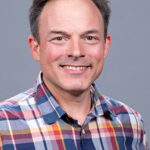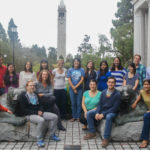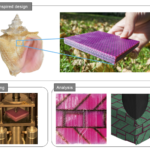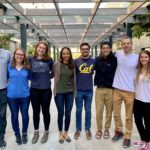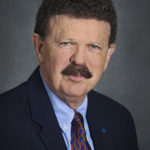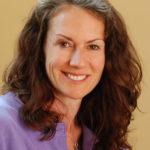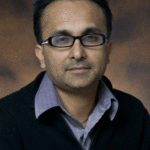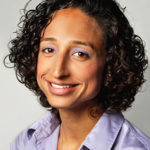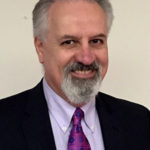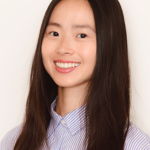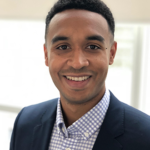Professor of Mechanical Engineering
Professor of Nuclear Engineering
Chair, Department of Nuclear Engineering
E.S. Kuh Chair of Engineering
University of California, Berkeley
Berkeley, CA 94720
peterh@berkeley.edu
For more information see: Nuclear Materials Group
Professor Peter Hosemann received his MS (2005) and PhD (2008) in Material Science from the Montanuniversität Leoben, Austria. He conducted his PhD research on lead bismuth eutectic corrosion, ion beam irradiations and microscale mechanical testing at Los Alamos National Laboratory. He continued his research at Los Alamos National Laboratory as post doc and joined the UC Berkeley faculty in 2010. Professor Hosemann has authored more than 200 per reviewed publications since 2008. In 2014 he won the best reviewer of the journal of nuclear materials award, the ANS literature award and in 2015 he won the TMS early career faculty fellow award and the AIME Robert Lansing Hardy award. In 2018 he became the chair of the nuclear engineering department and in 2020 he was named as the E.S. Kuh chair of engineering. In 2021 he became associate editor of the journal of applied physics. While being dedicated to his research and teaching he also leads the UC Berkeley Bladesmithing team which won the title of “best example of a traditional blade” for UC Berkeley and is the lead faculty for the CalSol solar car racing team which won the American Solar challenge for Berkeley in 2017.
Research Description:
Professor Peter Hosemann’s research is centered around materials in extreme environments and materials processing. His focus lies in mechanical performance and microstructural characterization of structural materials as well as in environmental degradation of materials in extreme environments. Multi scale mechanical property quantification and their implications for engineering performance as well as corrosion in unusual environments are part of the research. Furthermore, professor Hosemann is interested in the manufacturing of materials (from ore to product) and most recently in micromanufacturing of geometries using short, pulsed lasers.
Key Publications:
To view a list of Professor Hosemann’s publications, please click here.


